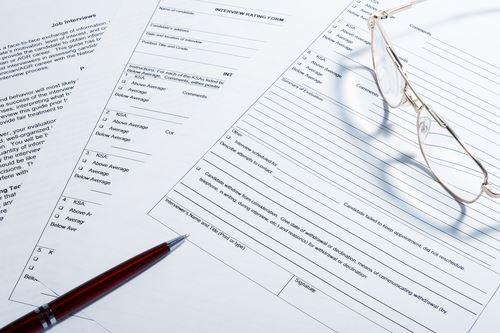When people think moving is incredibly stressful and difficult, it's usually because they're worried about their home's heavy furniture, like beds, couches and entertainment sets. While these items are large, they can be transported both easily and safely by professional movers. While we understand how important your flat-screen television is, your papers and files must not be put on the back burner. Here's everything you need to know about moving with important documents:
What papers?
If your move is coming up, odds are you're spending a lot of time packing all your belongings, from the clothes in your closet to the dishware in your cabinets. What's another vital must-pack item? Important documents. Now that you're moving to a new place, you'll need to take any personal files you may have, such as:
- Birth certificate.
- Driver's license.
- Bank statements and information.
- Social security card.
- Life, car and health insurance.
- School transcripts.
- Passport.
- Important receipts.
- Informative manuals for your devices.
- Any professional licenses.
- Tax documents.
- Written will.
- Vaccination and medical records.
- Important work-related papers and files.
- Checkbook.
- Business cards.
- Important phone numbers written down.
Make sure you collect all of these items before the big move, even if that involves getting replacements. Preparation and planning can go a long way, and setting these documents aside before you head out can prevent issues down the road.
Assemble them
Once you have all your important papers from our checklist (and anything else), the next step is to assemble them. Gather all of the files, and put them in their respective categories. Here are some examples:
- Personal documents: birth certificate, marriage license, health insurance.
- Financial records: credit card bill, tax forms, payroll stub.
- Contract files: leases, electronic warranties, invoices.
- Property papers: Moving information, mortgages, home insurance.
Head to your nearest office supply store, and buy some heavy-duty file folders. You're going to need a material that is durable enough to hold all of your papers and full of separated compartments for the utmost organization.
Pack what you don't need
"Keep your driver's license and insurance cards on you during the move."
As you get closer to your moving date, be sure to put your file folders into boxes to be transported safely to your new home. However, there are some papers you're going to want to keep on you, such as your driver's license or ID (even if you're not driving) and important insurance - just in case of an emergency. It's always better to be safe than sorry.

